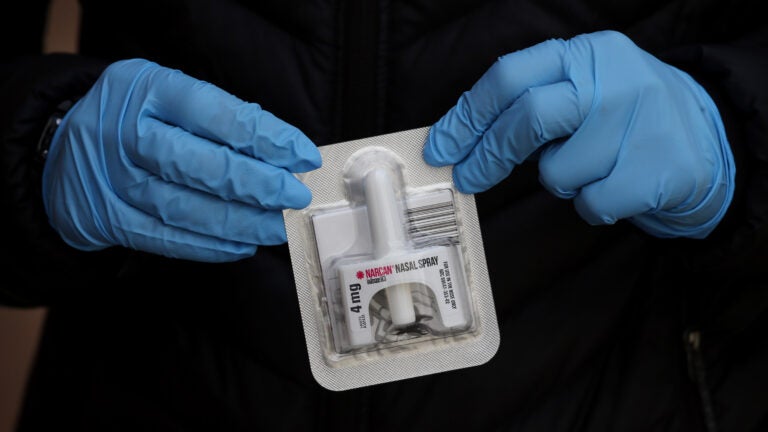
""Not only does this data represent the impact of our collective efforts to combat the opioid crisis, but emphasizes our continued support to communities who are disproportionately affected," said Mayor Michelle Wu."
""It's been a very demoralizing trend, where we've seen oftentimes double-digit year-over-year increases, and so this decline is a welcomed change," said Leo Beletsky, a professor of law and health sciences at Northeastern University."
""Boston has really been on the forefront of naloxone distribution and overdose prevention efforts for decades," Beletsky noted."
"In 2024, Boston distributed over 23,000 doses of naloxone, a medication that is used to reverse the effects of an opioid overdose and largely credited to curbing the increase in deaths."
The Boston Public Health Commission reported a remarkable 38% reduction in overdose deaths for 2023, indicating successful interventions in the opioid crisis. Notably, opioid deaths among Black and Latinx residents fell by 58% and 48%, respectively. In 2022, overdose deaths had increased by 7% compared to the previous year, prompting urgent action. Boston's naloxone distribution program and pivotal FDA approval of Narcan as an over-the-counter product are credited for these positive outcomes. Mayor Michelle Wu emphasized the importance of continued support for disproportionately affected communities as part of their efforts.
Read at Boston.com
Unable to calculate read time
Collection
[
|
...
]